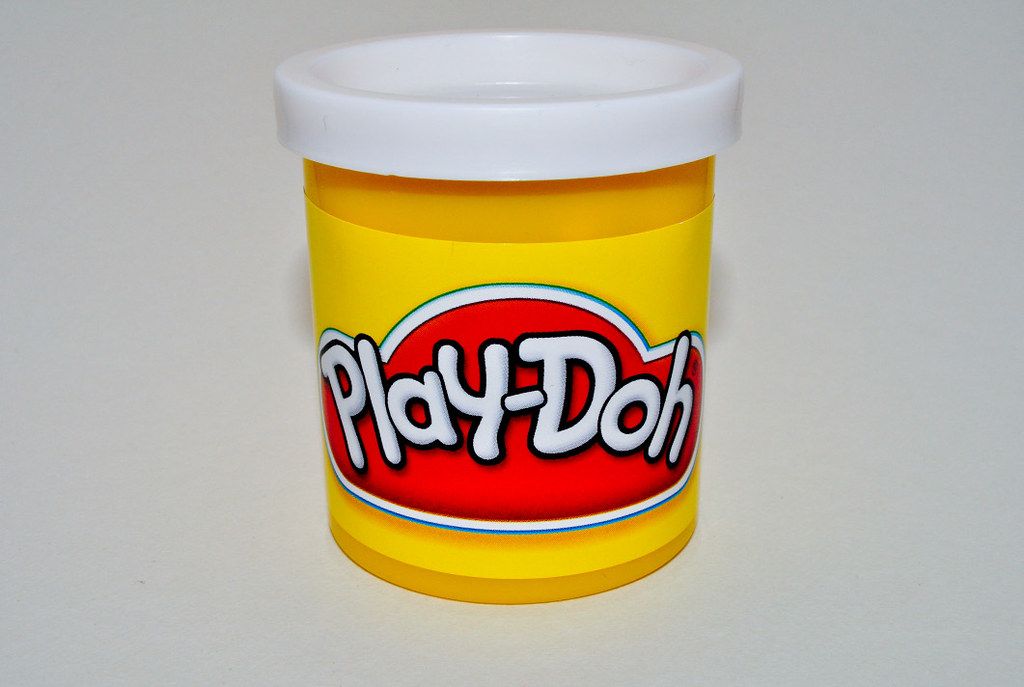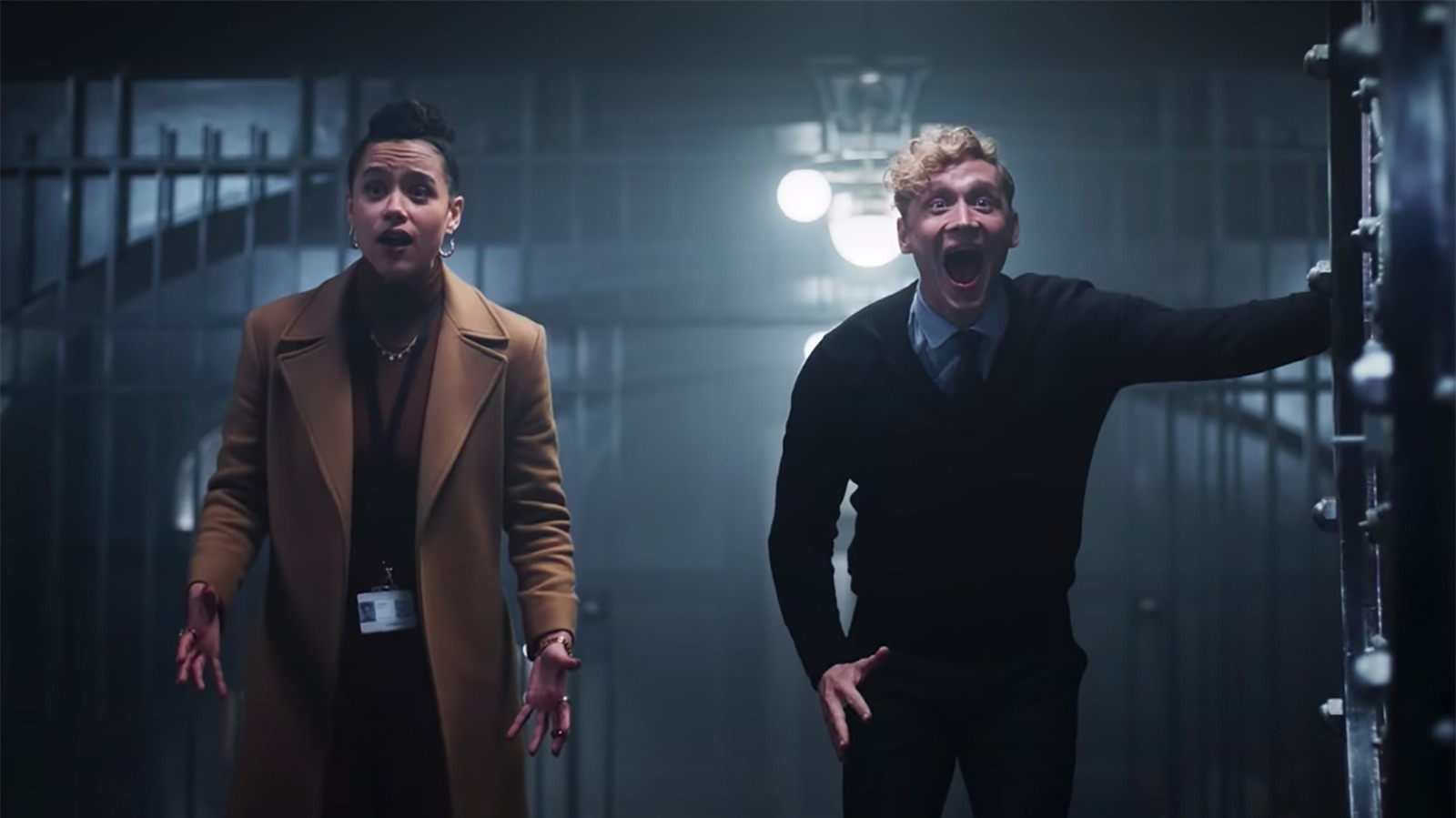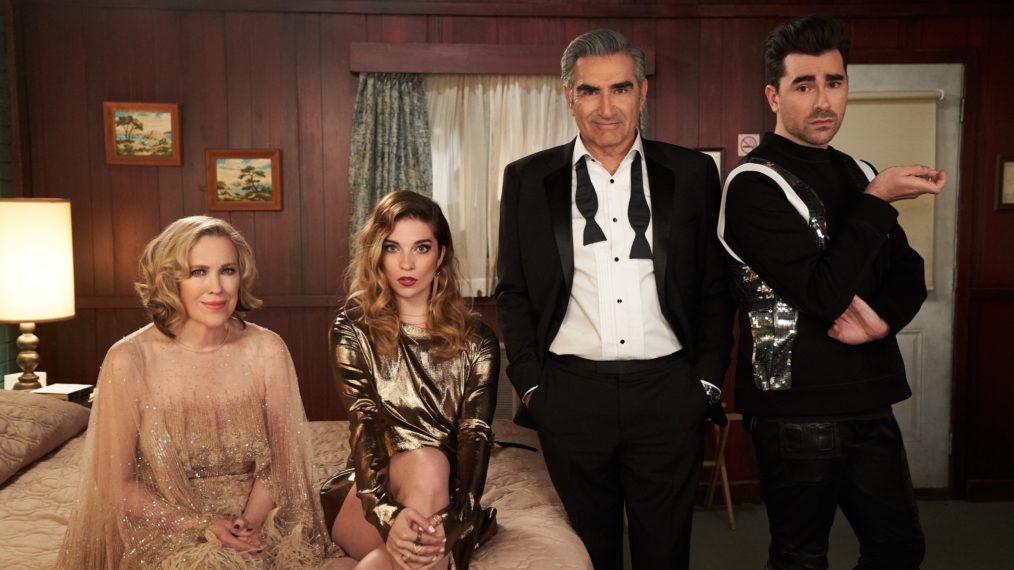#Christine Vachon on the State of Indie Filmmaking, Getting Picketed in the ’90s and Her Concern for Young Writers During the WGA Strike

Christine Vachon and her Killer Films productions are regulars on the festival circuit, with 2023 being no different. Vachon started the year at Sundance, with festival break-out Celine Song’s Past Lives, and then headed to Cannes with her latest collaboration with director Todd Haynes, May December, which screened in competition at the Palais.
At 57th Karlovy Vary Film Festival, it isn’t just one film, but Vachon’s career and her status as one of the film industry’s preeminent independent producers that will be feted. The festival is honoring Vachon with a screenings of Past Lives and You Sing Loud, I Sing Louder, starring Ewan McGregor, who will also be honored by the fest.
Vachon talked to The Hollywood Reporter about her relationship with Haynes, having her films picketed, and why she isn’t a fan of looking back: “I’m not nostalgic.”
You have movies out this year with a first-time filmmakers like Celine Song and Todd Haynes, one of your oldest collaborators. Producers have had very successful careers working with the same rotation of filmmakers. What keeps you looking for new talent?
One of the things that brings us so much pleasure with first-time directors is it really prevents you from becoming cynical. This is business where cynicism is very hard to avoid because it’s so hard and you see a lot of people getting rewarded for bad behavior and all kinds of difficult things. First time directors are so often telling the story they’ve waited their whole life to tell. The joy and exhilaration that comes with that kind of [filmmaker] reminds me why I wanted to be a producer in the first place. Although working with somebody like Todd, that’s an extraordinary gift itself because we have such a history and a shorthand — we just really fit together in this great way. I understand what he needs and I understand how to make the best possible — within my capacity — working environment for him.
How would you describe yours and Todd Haynes’ working relationship?
We’re very good friends. We enjoy spending time together. Every film he makes, there’s something new in it — he does not make the same film over and over again. He really challenges himself and that’s something that’s really exciting for me. When you have a relationship with a director where the trust is so solid, you don’t have to prove that you are working in the best interest of the film. It’s just understood.
You are being honored for the entirety of your career. I know you worked other jobs in entertainment before moving into producing. When it came to producing, was there a moment or project where you said, “This is it. This is my career.”
No one really knows what [a producer] does, and I didn’t either. When I started working on movies, I had this vague idea that [the producer] was the person with the money. On some of the first films I worked on, I started to get a sense that there was somebody who was holding the entire film in their palm to a certain degree and really thinking about everything that was gonna happen in the future and beyond the actual production. When you work on a movie as an assistant director or line producer, or some of the things I did, the movie ceases to exist for you in many ways once its production is done. Then maybe you’re invited to a cast and crew screening 6 to 12 months later. The idea that there was somebody kind of looking after the health of that project all the way through was really kind of exciting to me. Todd Haynes made a short film called, Superstar: The Karen Carpenter Story — I helped him with it a little bit, I did not produce it, although I often get credited for it but I didn’t — when I saw that film, I had a bit of an epiphany. It was so original and so provocative, but at the same time so entertaining. And I thought, well, that’s it. Those are the kind of movies I wanna make. I got it now. I understand. And, you know, I immediately said to Todd, “I wanna produce your next movie.” And then we both sort of looked at each other and we were both a little like, “Now what do we need, exactly?” That movie was Poison.
So, when you found that type of film you wanted to produce that is what became the guiding light for your career?
I just went towards the things that interested me. After Poison was Swoon, which was Tom Kalin’s first feature, a sort of queer riff on the Leopold and Loeb case. We shot it in black and white and it was incredibly provocative for the time. It was picketed because it was at the height of the AIDS crisis and our own queer community was telling us we should not be making movies that did not show queer folks in a positive light. [Loeb and Leopold kidnapped and murdered a 14 year-old boy.] But I knew I wanted to make that movie.
What do you miss most about the indie filmmaking of the ’90s?
I’m not nostalgic. That is just not a typical emotion to me. I’m like “but now’s now.” I’m so not into like, “back in my day!”
I was reading an interview with you where you said one of the times you were worried about Killer Films closing up shop was during the ’08 writers strike. What did you learn from the last big strike?
I don’t know what I learned specifically except, we have been saving for a rainy day, which in ’08 we didn’t. Like everybody in the industry, I just want it to be over. Obviously, I want the writers to get the deal they want. I think we all just want to go back to work. I really feel for young writers whose careers are just starting, because I know they were the ones who got hit hardest in ’08. Not all of them recovered, and I see that happening now. Look, I know you’ve gotta break eggs to make an omelet, but I just hope it will be resolved soon with as little blood spilt in terms of people’s careers as possible.
As the guilds grapple with what it is to make film and TV in the current Hollywood economic climate, what are the biggest issues facing indie filmmaking?
Some indie box office is doing great. There’s also a lot of movies that a few years ago would’ve made a little bit more noise. They’re having a hard time finding a place right now. If an indie film is not absolutely perfectly reviewed, and-or backed by a star or director with a true track record, it’s a little harder for some of the smaller, less flashy indies to break out. I kind of keep my head down and do the work and I don’t really know what the future holds. The one thing I do know, and I don’t like nostalgia, but if you look back over the past 25 years, people have danced on the grave of independent film like one million times. There’s an essay that Ted Hope wrote for IndieWire — or whatever IndieWire was in 1999 — that was like “independents were dead.” When you read those essays, almost all of them could have been written now. We’re talking about the same stuff: theatrical and ancillaries and how do we compete and da da da, et cetera, et cetera, et cetera. At the end of the day, people want to see stories that are exciting and interesting and make them think. And I also think that great work does find its way. Sometimes it takes a while. When we made it [Haynes’] Safe, the critics all scratched their heads. No one knew what to make of it. And now, 25 years later, it’s considered part of the cannon, considered a classic. That gives me hope that even if your heart gets broken, initially, movies do find their way to an audience.
You are the artistic director for the MFA program at Stony Brooke. What are the questions you are most often getting from aspiring filmmakers?
I encourage people to be open-minded about all the different ways there are to be creative. There’s many different ways to be part of telling stories that aren’t necessarily writing, producing and directing. I tell people to walk through the doors that open for them. In the past few years I’ve been getting way more questions about life-work balance than I ever got. I mean, wow. We didn’t think about it. So many young people [think about that], and this is absolutely not a criticism, it’s really interesting to me. Young people say, “How is this sustainable?” I don’t know if it is. The film business is a hard one to really reshape, in that way. So it’ll be interesting to see what happens. I’m very curious to see how the next generation adjusts the demands of this industry and to how they wanna live.
Interview edited for length and clarity.
If you liked the article, do not forget to share it with your friends. Follow us on Google News too, click on the star and choose us from your favorites.
For forums sites go to Forum.BuradaBiliyorum.Com
If you want to read more Like this articles, you can visit our Social Media category.




